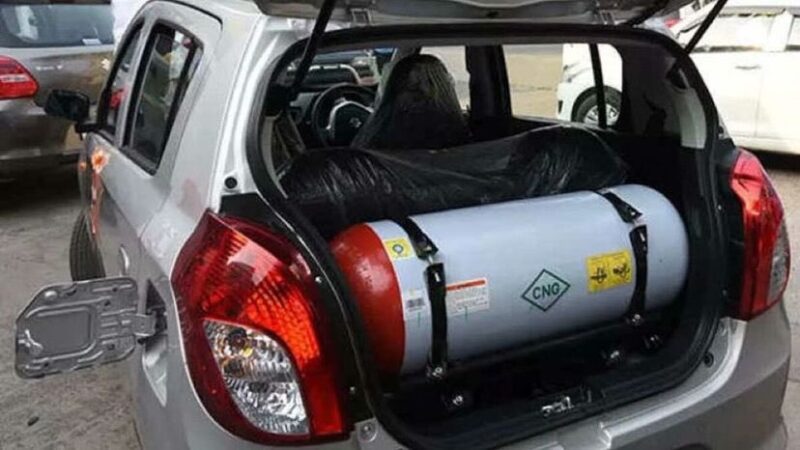Recent incidents involving Compressed Natural Gas (CNG) vehicles have heightened safety concerns in Nigeria, where explosions have spurred public fears and urgent calls for stricter regulatory oversight.
The most alarming incident occurred at a NIPCO filling station in Benin City, Edo State, where a blast injured several individuals, igniting widespread worry about the safety of CNG as a fuel alternative in the country. In light of Nigeria’s transition toward gas as a cleaner fuel option, the explosions have intensified public skepticism about the reliability of CNG conversions, particularly for private and commercial vehicles.
A preliminary investigation by the Standards Organisation of Nigeria (SON) revealed that the explosion in Benin was caused by a faulty, uncertified CNG cylinder. The cylinder, fabricated by a local welder, failed to meet safety standards and was never approved for CNG use. SON has since warned Nigerians of the risks involved with substandard CNG cylinders and urged vehicle owners to use only certified equipment. “The dangers associated with using uncertified and substandard CNG cylinders cannot be underestimated,” SON emphasized.
The Federal Government has responded by launching its own investigation into the series of CNG explosions. Government officials stated that while Compressed Natural Gas presents a safer, cleaner alternative to petrol, these benefits can only be realized if the equipment used is certified and meets rigorous safety standards.
Industry experts have echoed SON’s concerns, cautioning against unauthorized installations that compromise safety. Olugbenga Awe, an industry expert, warned, “Improper conversions pose serious risks.” He urged vehicle owners to seek Compressed Natural Gas conversions only from certified technicians and to avoid makeshift installations.
Awe pointed out that in the absence of locally manufactured Compressed Natural Gas systems meeting international standards, Nigerians must prioritize certified kits from reputable sources. Without this focus on certified equipment, the risk of further incidents remains high.
To strengthen safety, the Nigerian government has introduced plans for a Nigeria Gas Vehicle Monitoring System (NGVMS), which will track all Compressed Natural Gas systems in the country. The NGVMS will centralize information on certified CNG conversion kits and licensed technicians, limiting gas station refueling to only those vehicles registered with certified systems.
Yet, despite these regulatory moves, public skepticism remains high. Many Nigerians, like a commercial driver who shared his reluctance to convert due to safety fears and cost concerns, remain wary. For a significant portion of the public, recent explosions have underscored the potential risks of using Compressed Natural Gas in a country already grappling with inconsistent vehicle maintenance and extreme weather conditions.
Meanwhile, discussions on financial incentives have also gained momentum. As rising fuel prices prompt more Nigerians to consider alternatives, industry advocates are suggesting subsidies or microloans to make Compressed Natural Gas conversions more accessible. These measures, proponents argue, could significantly help average Nigerians cover conversion costs, while encouraging a shift toward cleaner energy.










Join our Channel...